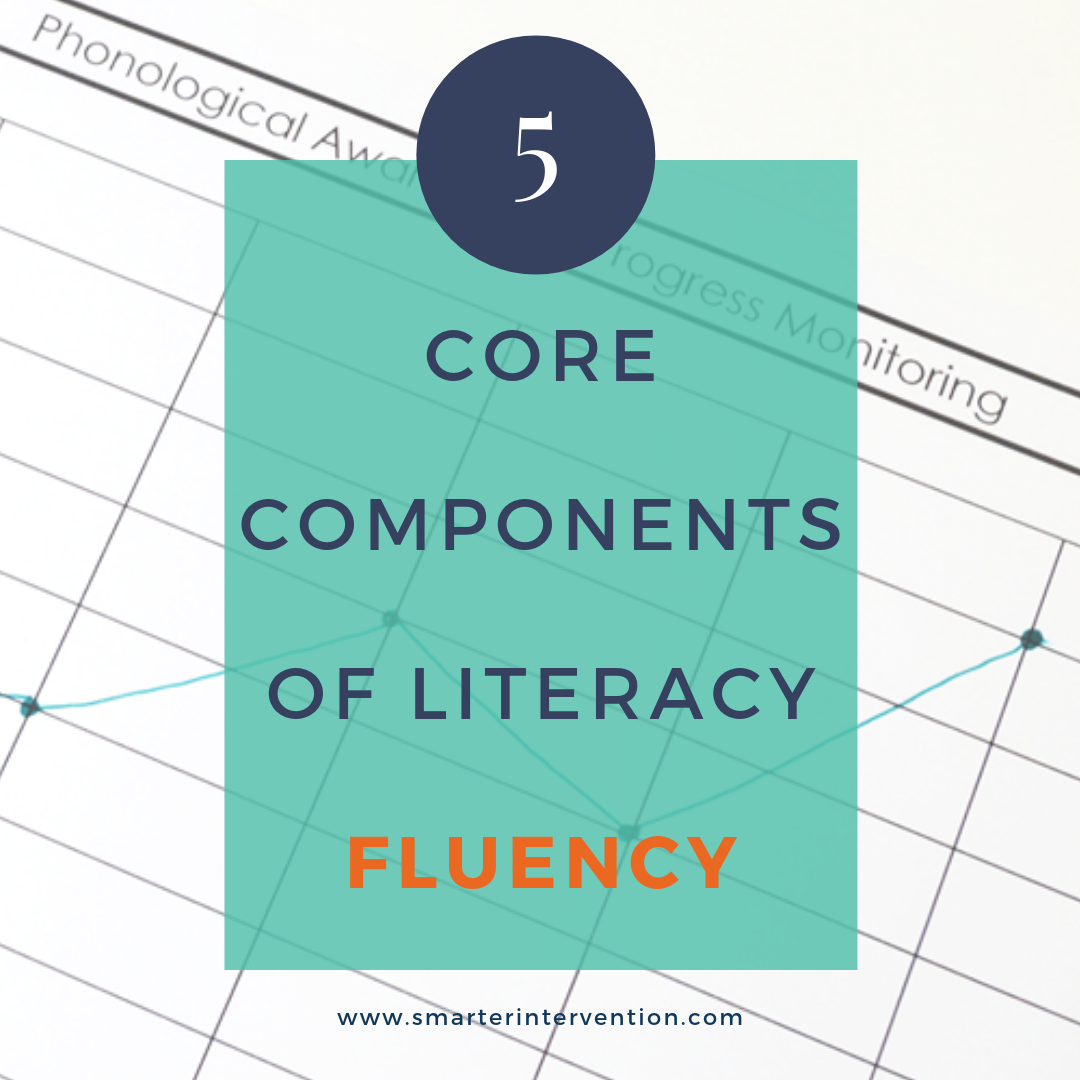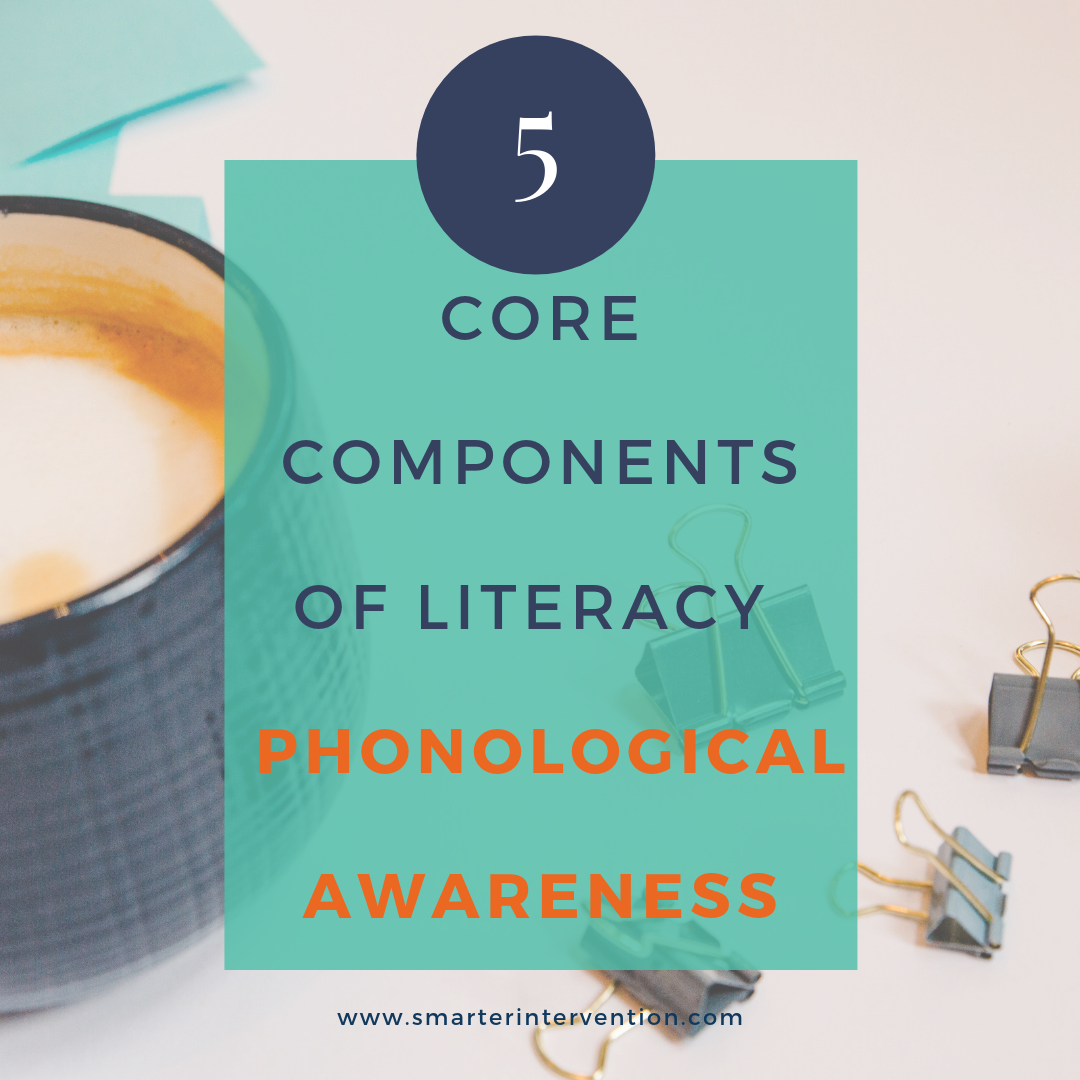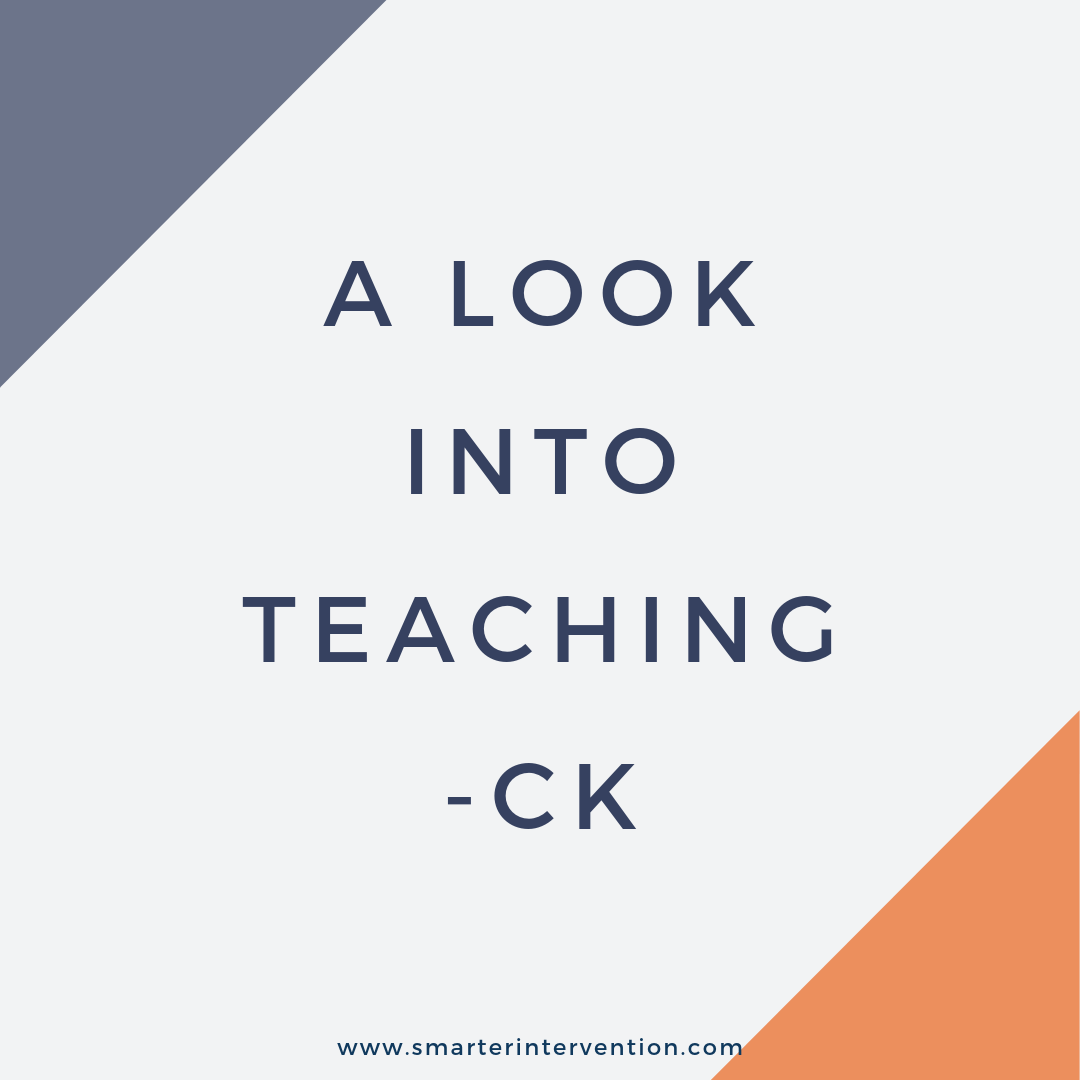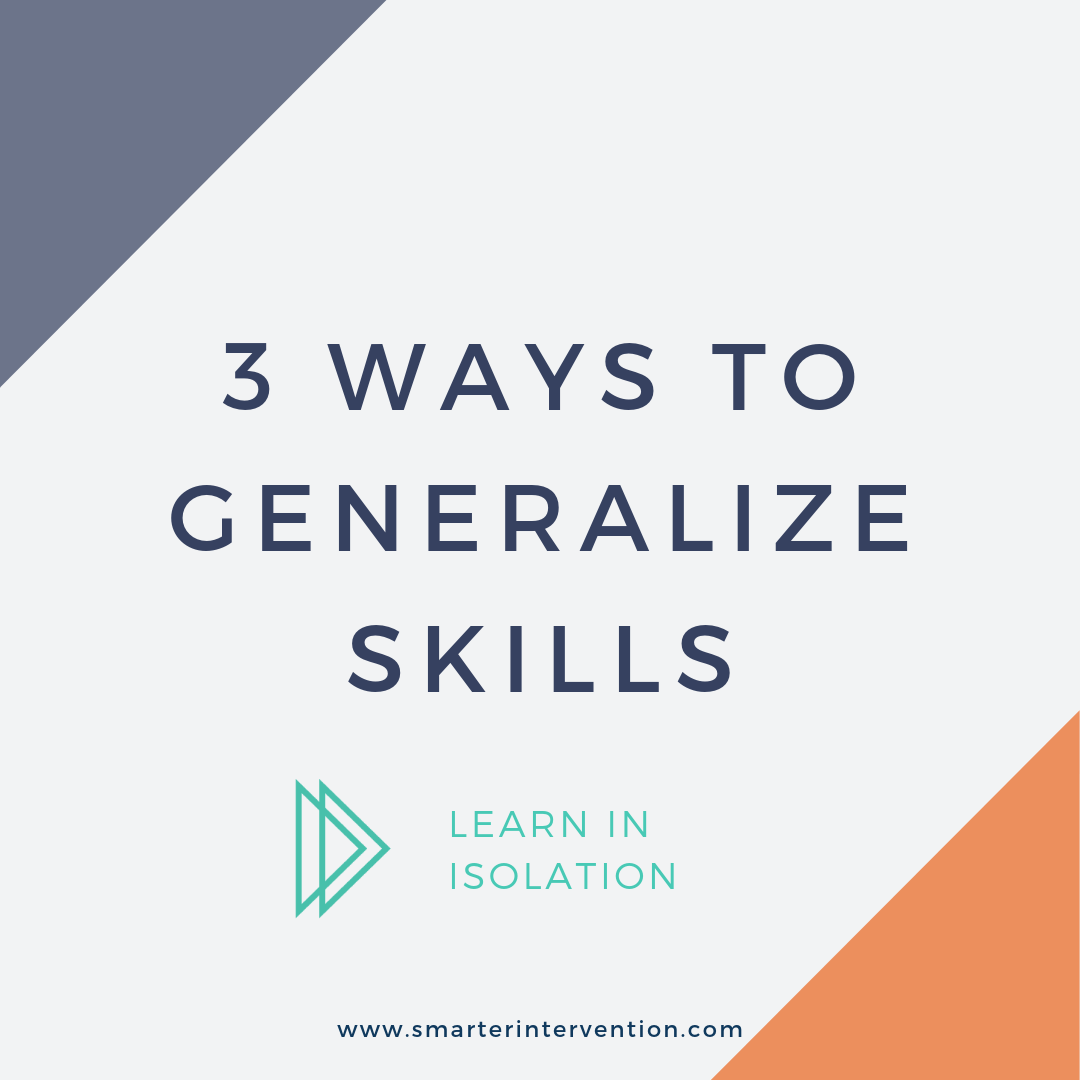Science-based literacy resources and articles
for families, educators and schools
Search by Category:
Categories
- Advocacy
- Authentic Literature
- Business
- Comprehension
- Data Tracking
- Differentiation
- Dyslexia
- Evaluation and Assessment
- Executive Functioning
- Games & Activities
- Helping My Child At Home
- How To
- IEP/504 Plan
- Lesson Planning
- Math
- Online Intervention
- Organization
- Parents
- Phonics
- Phonological Awareness
- Reading Comprehension
- Reading Fluency
- Research
- SLP
- Spelling
- Vocabulary
- Writing
How to Create SOR-Aligned Lesson Plans for 3rd & 4th Grade Using Your Students Favorite Books
You may have heard that 3rd grade is the year where students transition from learning to read to reading to learn. But how exactly do we support that transition for students who are still working on the foundations?
Today, we’re sharing about how you can use your students’ favorite books to create evidence-based lesson plans that align with the Science of Reading so that your 3rd and 4th graders can begin to generalize those foundational skills to higher-level reading.
Teaching Reading Comprehension - Strategies for Direct Recall
Do your students ever struggle to recall important information directly from a story or passage they've just heard or read?
If so, don’t worry, it's very common! And, we’re here to share our explicit teaching strategy to help students recall important information. Check out this blog to learn more!
How to Use Authentic Text in Your Structured Literacy Lessons
Have you ever heard your students say - “…the reading we do with you isn’t real reading.”
You’ve taught them all the phonics patterns. You’ve worked through all of the fluency passages and PA drills. And yet, students aren’t generalizing their knowledge. They’re struggling to see the relevance of the work you’re doing.
We’ve definitely been there before too. Now, we are sharing how we use authentic texts in our structured literacy lessons to help make lessons feel more like “real” reading for students.
The #1 Reason Students Aren't Generalizing Their Literacy Skills
One of the biggest problems we’ve seen over the years is that many students receive solid, research-based intervention, they learn the skills but then are unable to take those skills they’ve learned in the context of a structured and systematic approach and apply it to what they need to be doing in the classroom. They are unable to apply to their classroom reading assignments, their classroom writing assignments.
5 Core Components of Reading - Comprehension
We are wrapping up the 5 Core Components of Literacy this week with the final component, arguably the most important component, comprehension!
The end goal of reading is obviously…
Reading Comprehension
So how do we make sure that students are able to effectively comprehend what they read?
5 Core Components of Reading - Fluency
Reading fluency is really important however, we need to be careful not to over-emphasize its importance as one of the core components of literacy. I say this because Reading Fluency is one of the most common goals you will see created for struggling students.
5 Core Components of Reading - Vocabulary
This month we’ve been talking all about the 5 Core Components of Literacy. Today, we wanted to jump into an extremely important and yet often overlooked part of literacy instruction.
5 Core Components of Reading - Phonics
Many educators in the field have a love hate relationship with phonics. In the sense that some educators love a phonics approach one week and hate it the next (it can be extremely difficult to organize it all for Pete’s sake). And…some educators LOVE a phonics-based approach and others hate it in favor of a more whole-language approach.
5 Core Components of Reading - Phonological Awareness
Phonological Awareness is the understanding of the sound structure of our English language. This is a critical component of literacy development and must be included in effective reading instruction programs!
We cannot begin to “sound words out” if we don’t understand that letters represent sounds that string together to read words or pull apart to spell words.
7 Must Haves for Research Based Reading Intervention
Whether you are a teacher, a parent, an SLP, or an interventionist, if you’re anything like us…which you are, because you’re here, you care about providing top notch intervention or instruction for your students. However, with all the differing opinions out there in the field of education it can be difficult to know if what you’re doing is the right thing. Click through to read about our 7 Must Haves for effective, research-based reading intervention.
This is Why Your Lessons Aren't Sticking
One of the most “eye-opening” moments for me in intervention, was when I had a student come in and ask, “what are the other kinds of letters besides vowels and consonants?” I didn’t understand. He asked again and when I explained that those were the only two kinds of letters, he was AMAZED. I had never thought to explain this to him before because I assumed he knew that there were no other types of letters…and that was the problem.
The Biggest Intervention Tragedy: Not Applying Skills
Discover the key to intervention success: generalization. Learn why traditional approaches may fall short in helping students apply skills beyond sessions. Explore how connecting decoding to comprehension transforms outcomes. Uncover strategies to bridge skills and empower students for real-world reading success!
How YOU Can Work SMARTER Not Harder
We’re sure that you have heard it before. “You should be working smarter, not harder!” It’s a fairly common expression that most people use to help motivate them to be more efficient and stop fumbling around in their work… but it’s more than that. These are the 7 steps you need to work “SMARTER” in your intervention and finally start seeing the results you have been wanting.
A Look into Teaching -ck
Reading intervention for struggling readers, such as those with dyslexia or other reading disabilities needs to be systematic, sequential, cumulative, targeted, research-based…the list goes on and on. But how do you come up with a lesson plan that has reading and spelling activities that hits on all of these targets for your struggling readers? Well look no further, we are giving you behind the scenes access to our comprehensive lesson plans that leave nothing out for your struggling readers so that they can get to grade level once and for all and you can stop spending all your time planning.
3 Ways to Generalize Skills Learned in Isolation
This month we are going to be talking about ways to cement stragies used during intervention. The tough part about this is that typically our students are at all different levels, and so many of these strategies need to be differentiated or scaffolded based on student ability.
A lot of our families ask how we can generalize the skills their children learn in an intervention setting into the home, and even the classroom, instead of just practicing them in isolation.
Enhancing Instruction with the Use of Authentic Literature
Uncover the crucial components of effective literacy instruction. Discover how weaving authentic literature into lessons enhances decoding skills. Learn to balance decoding work and text application in small groups, adapting to each group's unique needs. Foster daily exposure to real books, promoting silent reading and read-aloud sessions for a comprehensive literacy approach.
Sometimes Things Don't Stick...Then What?
Discover how to handle students struggling with reading and spelling concepts. Learn when to explain concepts differently, review with engaging games, or move on. Find the balance between building a strong foundation and progressing effectively in intervention. Don't let students get stuck - adapt instruction for optimal learning outcomes!


















